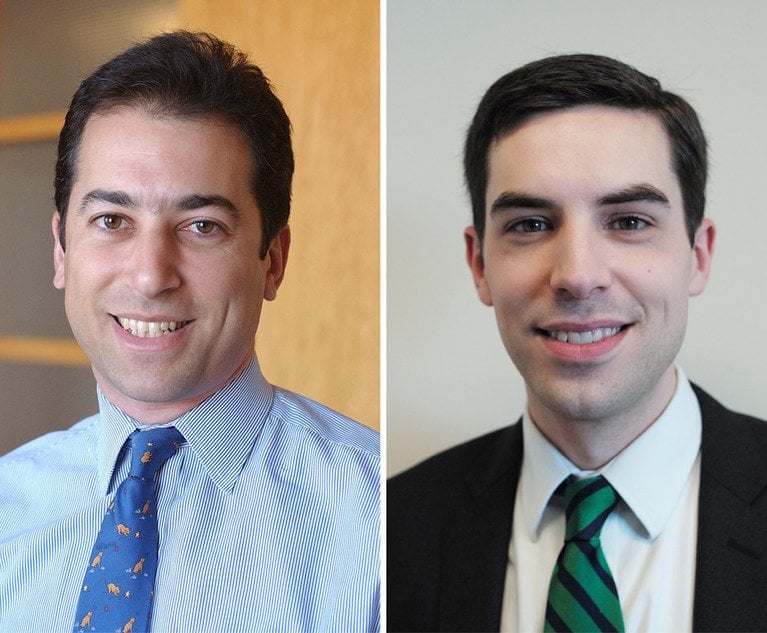Although injury to adjacent structures is a recognized risk whenever surgery is done in accordance with standards of care, nerve injuries are of particular concern to the attorney defending procedure related claims. Nerves are found in or near practically every surgical field, and they do not follow the same pathways in every patient. Nerve tissue is also less resilient to injury than other types of tissue, leading to more profound consequences of inadvertent injury. Consequently, nerve injuries are a common source of medical malpractice claims.
Res Ipsa Loquitor
An important case in this area is Pipers v. Rosenow, 39 A.D.2d 240 (2d Dept. 1972) in which the simple act of drawing blood for laboratory evaluation resulted in an injury to the patient’s radial nerve which impaired the use of his hand. After trial, the jury returned a verdict for the plaintiff, having been charged on the doctrine of res ipsa loquitur, but the Appellate Division reversed the judgment and remanded the case for a new trial. The court accepted the position of the defendant physician, in the absence of expert testimony to the contrary, that he had not departed from accepted standards in the performance of the venipuncture, and the doctrine of res ipsa loquitur was inapplicable to the case.







